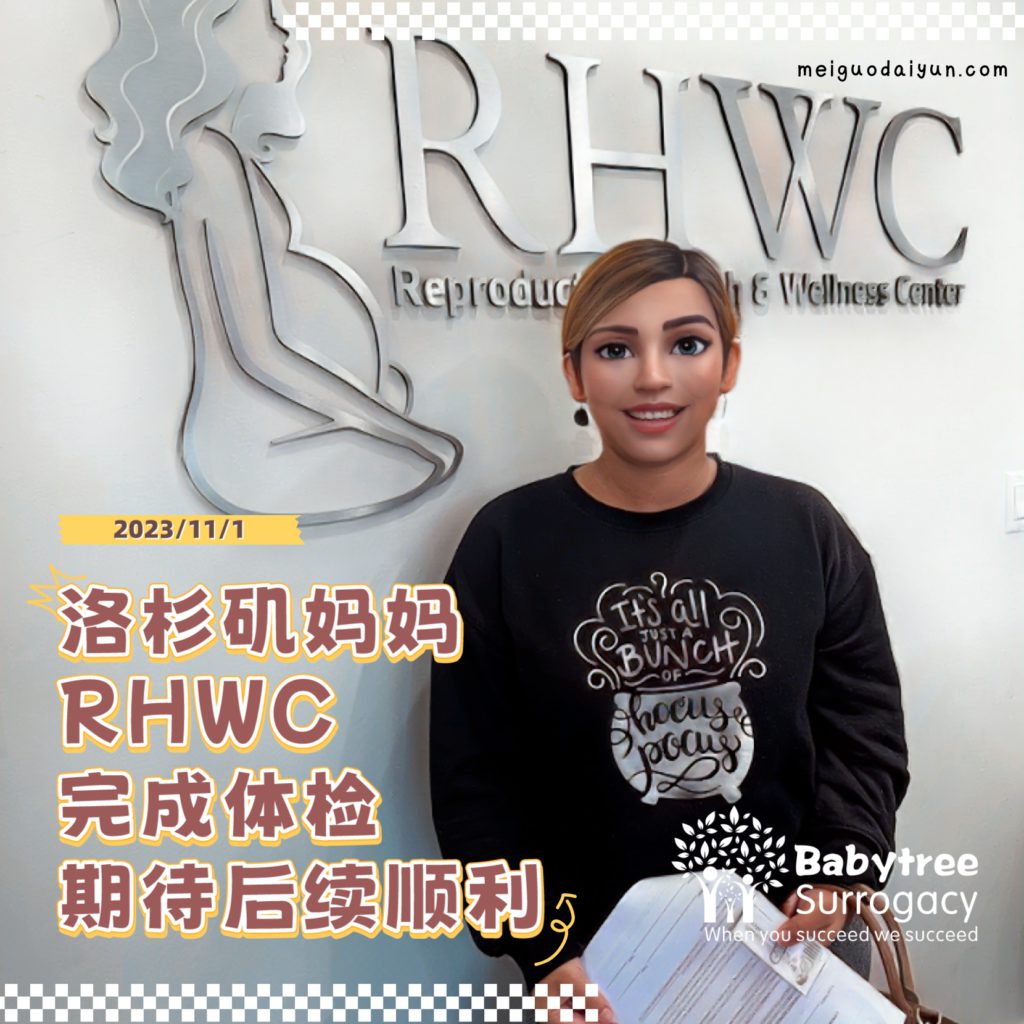What are the benefits of frozen embryo transfer?
When performing IVF embryo transfer, there are two options: fresh embryo transfer and frozen embryo transfer. According to our traditional knowledge, is fresh embryo better than frozen?
In fact, this is not the case. Fresh embryo transfer and frozen embryo transfer have their own advantages. Frozen embryo transfer also plays a great role in the treatment of IVF!Today, I will take everyone to eliminate misunderstandings and have a deeper understanding together~
Fresh Embryo Transfer VS Frozen Embryo Transfer
Fresh embryo transfer is to transfer the embryo directly into the uterine cavity after culturing the embryo for 3 to 7 days after egg retrieval and in vitro fertilization.
Frozen embryo transfer is 3 to 7 days after fresh embryos are cultured, and better quality embryos are selected and frozen in liquid nitrogen at -196 degrees. When the time is right, they will be taken out and resuscitated and transplanted into the uterine cavity.

What are the advantages of fresh embryo transfer and frozen embryo transfer?
In terms of time, cost, and embryo development potential, fresh embryo transfer has greater advantages.
Because the fresh embryo transfer will be performed soon after the egg retrieval, the overall IVF treatment time is greatly shortened, and there is no need to pay for frozen embryos. It is more suitable for multinational fertility customers with tight time and insufficient funds.At the same time, there is no refrigeration and recovery process for fresh embryo transplantation, which reduces embryo damage and has greater development potential after transplantation.

In terms of the possibility of causing maternal injury, the advantages of frozen embryo transfer are more obvious.
Frozen embryo transfer usually involves taking out multiple eggs at one time and cultivating multiple embryos. In addition to being used for the first transfer, the remaining embryos can also be frozen. If the first transfer fails, there is no need to promote the row again. After recuperating the body, choosing the time when the female endometrium has the best receptivity is better for the implantation of the embryo.In addition, the transplantation of frozen embryos gives mothers-to-be enough rest time, which can greatly reduce the possibility of ovarian hyperstimulation syndrome caused by excessive discharge promotion.
Frozen embryos generally undergo genetic screening before transplantation, so only one high-quality blastocyst (up to two) can be transplanted, which greatly reduces the risk of multiple pregnancy.

In general, fresh embryo transfer and frozen embryo transfer have their own advantages and are suitable for different groups of people.
For women who are in good physical condition after promoting excretion, doctors usually recommend fresh embryo transfer;
If the body has too thin inner lining, high progesterone level, etc. after the promotion of excretion, customers who are not suitable for immediate transplantation, or who need to undergo embryo genetic diagnostic examination, the doctor will recommend frozen embryo transfer.
Will frozen embryo transfer affect the baby's future development?
Since the successful pregnancy after cryopreservation and thawing of human embryos in 1983, the safety and recovery rate of embryo freezing technology has been increasing for more than XNUMX years.
Up to now, the domestic and foreign medical circles have not found that "ice babies" using frozen embryos have abnormal intelligence and development during their growth. They are not much different from babies born with fresh embryo transfer.
There is even a long-term follow-up of babies born after fresh embryo transfer and frozen embryo transfer, observing and studying the differences in communication, gross motor, fine motor, problem solving, and personal social behavior of children with an average age of 37 months.
The data shows that babies born after frozen embryo transfer are more capable of solving problems than babies born after fresh embryo transfer, and in the overall analysis and twin group analysis, babies born after frozen embryo transfer are better in fine motor skills. Ability is higher than that of babies born after fresh embryo transplantation, and there is no significant difference in the others.

Is your impression of frozen embryo transplantation much better now?However, it is up to the doctor to judge whether to perform frozen embryo transplantation. I believe they will propose the most suitable transplantation plan according to your physical condition~

Recommended









0 comments